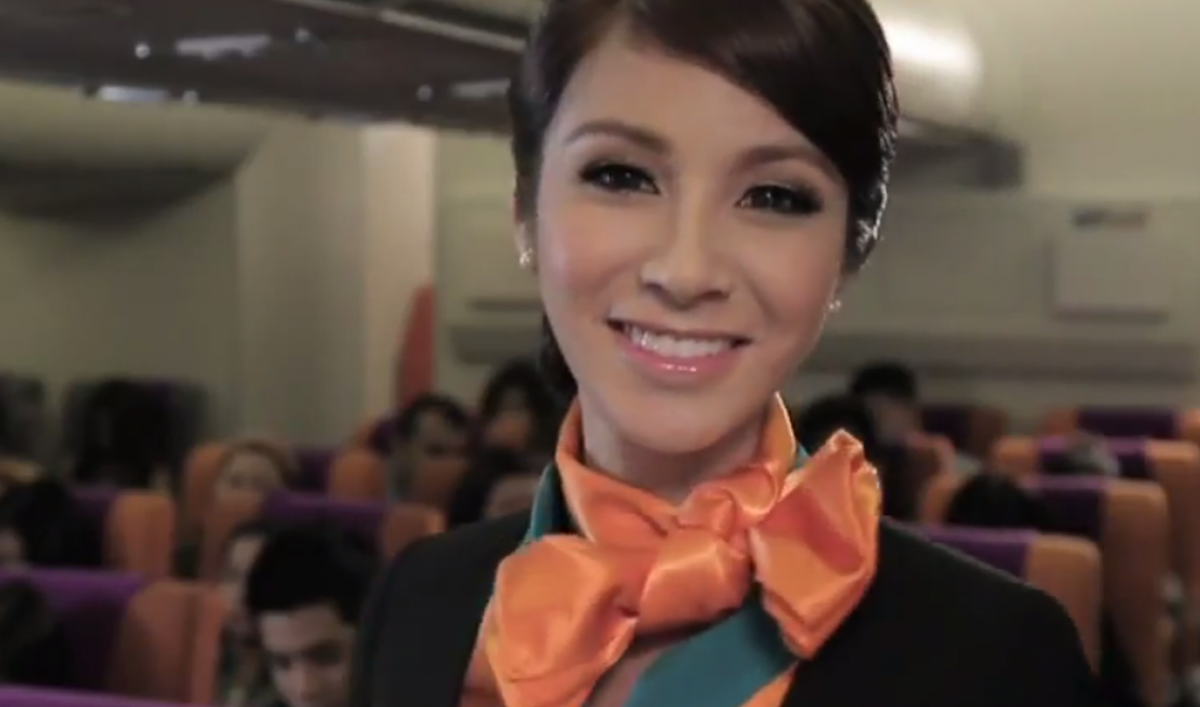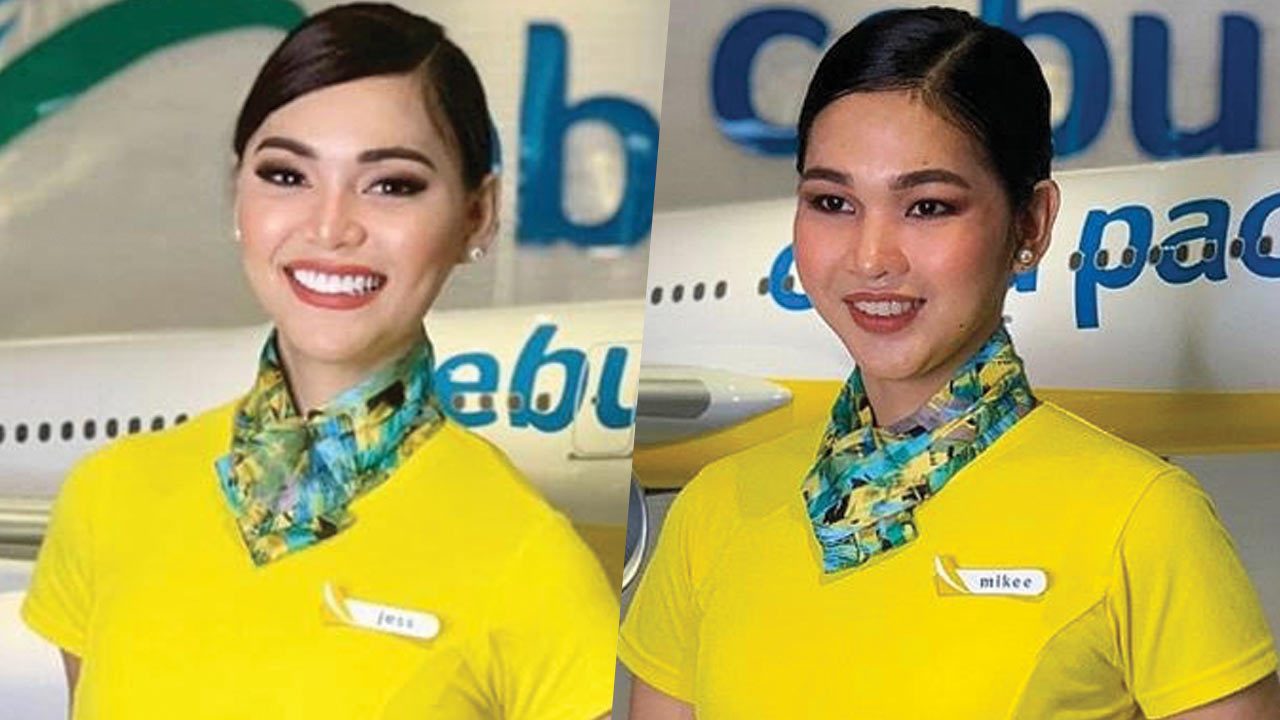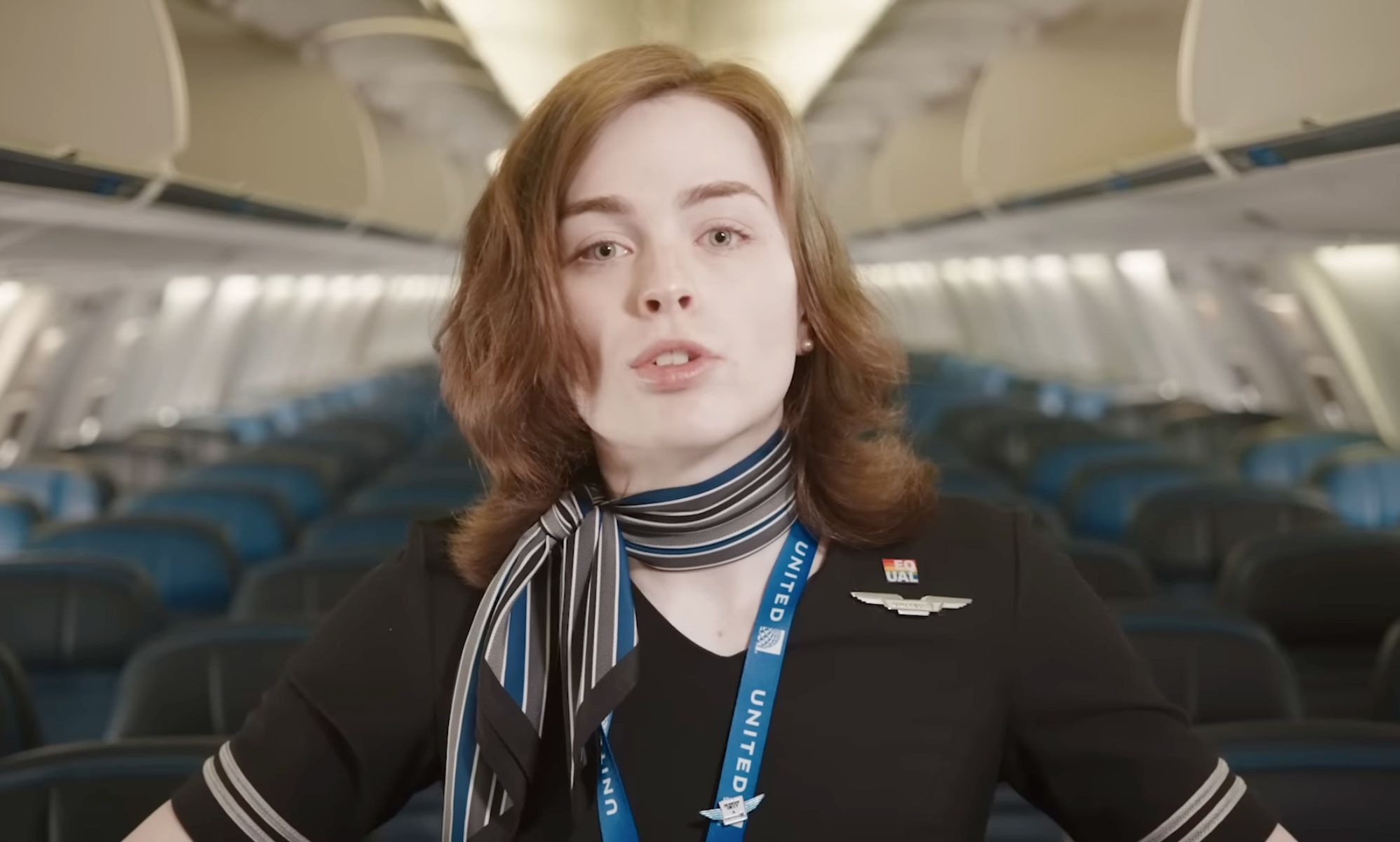Misgendering and its Impact on Flight Attendants

Misgendering, the act of referring to someone using a gender pronoun or term that does not match their gender identity, is a widespread issue that has significant consequences for flight attendants. Research indicates that a staggering 85% of transgender flight attendants report experiencing misgendering on the job.
Misgendering can have profound psychological and emotional effects on flight attendants. It can lead to feelings of anxiety, depression, and low self-esteem. It can also undermine their sense of safety and well-being, as it can create a hostile and unwelcoming work environment.
Impact on Safety and Well-being
Misgendering can also have a negative impact on the safety and well-being of flight attendants. When flight attendants are misgendered, it can lead to confusion and conflict with passengers. This can create a stressful and potentially dangerous situation, as it can distract flight attendants from their duties and hinder their ability to respond effectively to emergencies.
Policies and Procedures for Preventing Misgendering: Misgendering Flight Attendant

Misgendering flight attendant – The aviation industry has a responsibility to create a safe and inclusive environment for all passengers and employees. This includes implementing policies and procedures that prevent misgendering and protect the rights of transgender and gender non-conforming individuals.
There are a number of existing policies and procedures within the aviation industry that are designed to prevent misgendering. These include:
- Training for employees on how to interact with transgender and gender non-conforming passengers
- Policies that allow passengers to self-identify their gender on boarding passes and other travel documents
- Procedures for handling complaints of misgendering
While these policies and procedures are a good start, there are still some gaps and areas for improvement. For example, some employees may not be adequately trained on how to interact with transgender and gender non-conforming passengers. Additionally, some policies may not be clear enough or may not be consistently enforced.
There are a number of new or revised policies and procedures that could be implemented to more effectively address misgendering. These include:
- Requiring all employees to undergo training on how to interact with transgender and gender non-conforming passengers
- Developing clear and concise policies on how to handle complaints of misgendering
- Creating a system for tracking and investigating complaints of misgendering
By implementing these policies and procedures, the aviation industry can create a more safe and inclusive environment for all passengers and employees.
Training and Education for Flight Attendants and Passengers

To effectively prevent misgendering, comprehensive training and education programs are crucial for both flight attendants and passengers. These initiatives aim to enhance understanding, promote respect, and create a welcoming environment for individuals of all gender identities.
Training Program for Flight Attendants
A well-designed training program for flight attendants should cover the following key areas:
- Understanding gender identity and its spectrum
- Recognizing and respecting pronouns
- Effective communication and de-escalation techniques
- Responding to misgendering incidents
- Creating an inclusive and supportive work environment
Educational Materials for Passengers, Misgendering flight attendant
Educational materials for passengers should be developed to raise awareness about the importance of respecting gender identity. These materials could include:
- In-flight announcements and videos
- Brochures and posters in departure lounges
- Information on airline websites and social media
- Collaboration with LGBTQ+ organizations
Ongoing Training and Support
To ensure the effectiveness of these training and education initiatives, ongoing support and reinforcement are essential. This can be achieved through:
- Regular refresher training sessions
- Mentoring programs
- Employee resource groups
- Feedback mechanisms for flight attendants and passengers
By implementing these training and education programs, airlines can foster a culture of respect and inclusivity, where all individuals feel valued and respected, regardless of their gender identity.